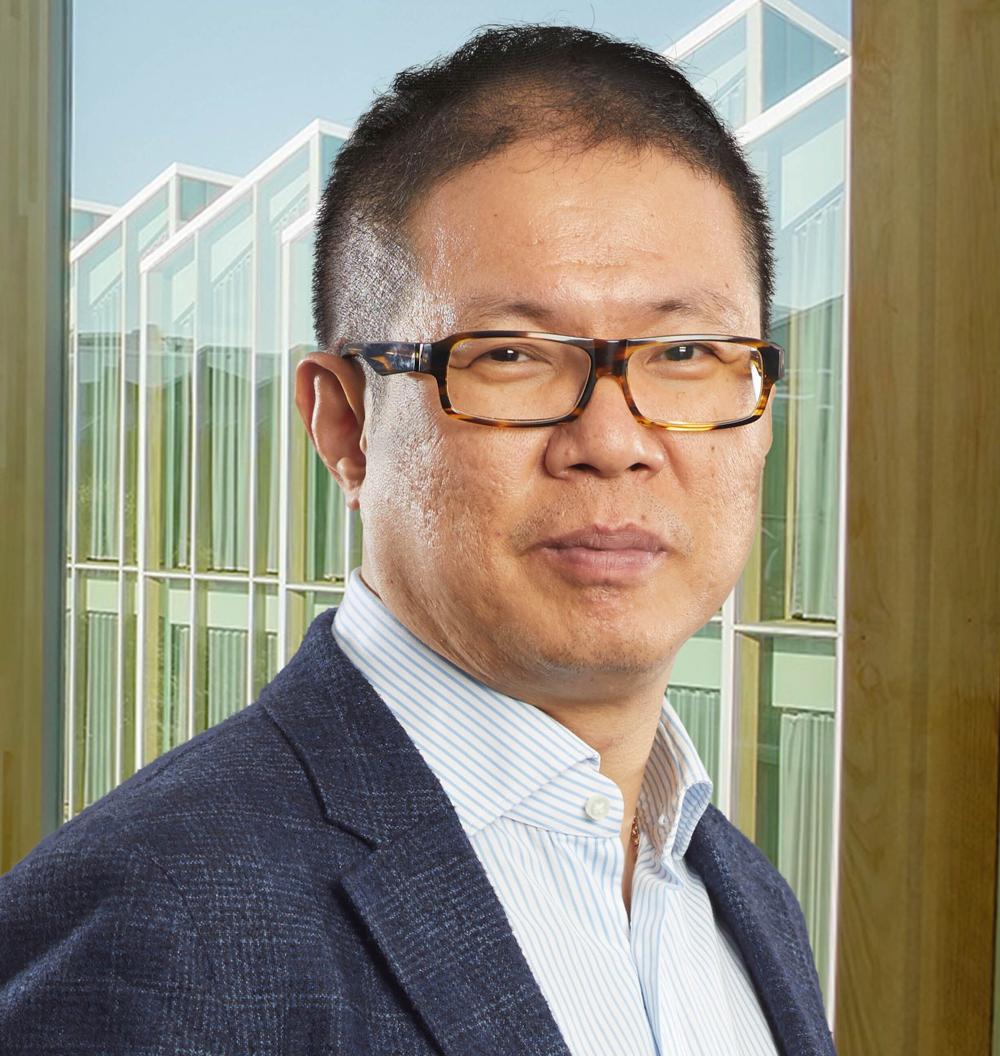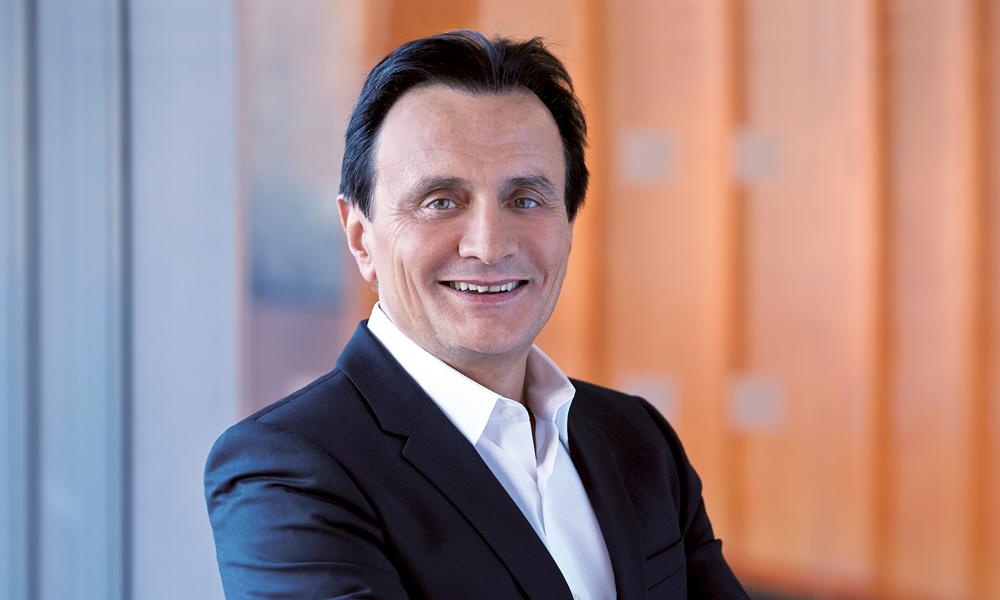Just over two weeks ago, AstraZeneca's China chief, Leon Wang, was detained. Neither the background nor the charges have been disclosed.
What is clear, however, is that Leon Wang has been a central figure in AstraZeneca's operations in China. Wang, who holds an EMBA from China Europe International Business School, joined the company in 2013 and was promoted to China chief the following year.
AnnonsUnder his leadership, China has grown to become AstraZeneca's second-largest market, and the company is now China's largest pharmaceutical company. In 2017, Wang was given responsibility for the entire Asia-Pacific region and is now also part of the executive management.

The investigation against Leon Wang is not the only one initiated by Chinese authorities against AstraZeneca. Two current and two former top managers at AstraZeneca are suspected of illegal importation of oncology drugs. Additionally, an investigation has been ongoing since 2021, in which around a hundred employees have been convicted of insurance fraud.
However, there are many uncertainties surrounding the Chinese investigations against AstraZeneca employees, as previously reported by Life Science Sweden.
If you are a Swedish pharmaceutical company active in China, you should be aware that the Chinese authorities can crack down on both Swedish exports and individual companies
The actual reasons for the investigations can only be speculated on. No one, except possibly the parties involved, knows exactly what has happened. AstraZeneca states that the company has received very little information and has had to piece together large parts of the puzzle itself.
Annons– If you are a Swedish pharmaceutical company active in China, you should be aware that the Chinese authorities can crack down on both Swedish exports and individual companies. It is never possible to completely protect oneself from such risks, says Bengt Johansson, formerly Sweden's consul general in Shanghai for two terms.
He adds that authorities can launch investigations to punish a particular company or an entire country.
– If China now wants to punish Sweden, they will clamp down on its pharmaceutical exports. Then, of course, AstraZeneca, as the largest exporter, will be in the danger zone, continues Bengt Johansson.
He mentions several examples where China, for various reasons, wanted to punish an entire country in similar ways, such as after the introduction of tariffs.
– It is an area where there is a lot of geopolitics. At the same time, there is no reason to suspect that China wants to punish either Sweden or Great Britain.
But there may also be another reason for the investigations, according to Bengt Johansson.
– It could be Chinese pharmaceutical interests that are behind it.

Unlike telecom, infrastructure, and the carindustry, pharmaceuticals have historically not been a strategic interest for China. That foreign companies were behind development and manufacturing was not seen as a big deal as long as the best drugs were available on the market.
After the pandemic, China has begun to reevaluate that view.
A Chinese pharmaceutical company, Jiangsu Hengrui Pharmaceuticals, this year for the first time took a place in the top ten list of pharmaceutical companies with the most drugs in development, as reported in a previous article in Life Science Sweden.
– It has previously been accepted that foreign companies have taken very large market shares. But during the corona pandemic, it was realized that it was important to produce our own vaccine that is as good as the foreign ones.
It may also be the case that there is justification for the accusations leveled against employees of the Swedish-British company.
China is not a rule of law that we in Sweden are used to
A further possible explanation is that the investigations are a pretext for the Chinese regime to gain access to critics, according to Björn Gustafsson, professor emeritus at the University of Gothenburg, who has devoted a large part of his research to studying social work in China.
Annons– There have been many trials about corruption, but whether it is justified or what is behind it, that is a very difficult question to answer. On the one hand, you can say that there is certainly corruption; on the other hand, it is an argument the regime can use to get at its opponents. China is not a rule of law that we in Sweden are used to, he says, emphasizing the great uncertainty surrounding the legal cases involving AstraZeneca.
At the semi-governmental organization Swecare, tasked with supporting Swedish exports in healthcare and life science, the issue of trade with countries with authoritarian regimes often comes up in discussions with member companies.

– I don't think there are any completely simple answers to the question of whether you should be present in these types of markets, but in general, we usually conclude that it is better not to isolate a country, but to try to influence it in a positive direction, writes Maria Helling, CEO of Swecare, in an email to Life Science Sweden.
I don't think there are any completely simple answers to the question of whether you should be present in these types of markets
In order to feel safe doing business, companies first need to think through their own value base and make sure they have a 'code of conduct'; otherwise, they risk ending up in awkward situations, she believes. Companies also need to try to predict which situations could arise and how to handle them 'with honor intact, says Maria Helling.
Annons– Many Swedish companies have positive 'Swedish' values in their baggage, and their presence contributes to spreading these. This can apply to equality, for example, corruption, sustainability, and child labour."
Life Science Sweden has asked AstraZeneca for an interview, which the company declined.
